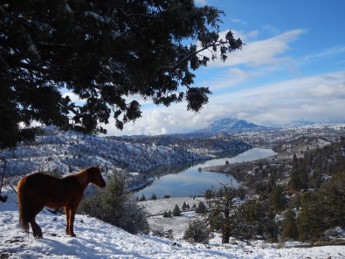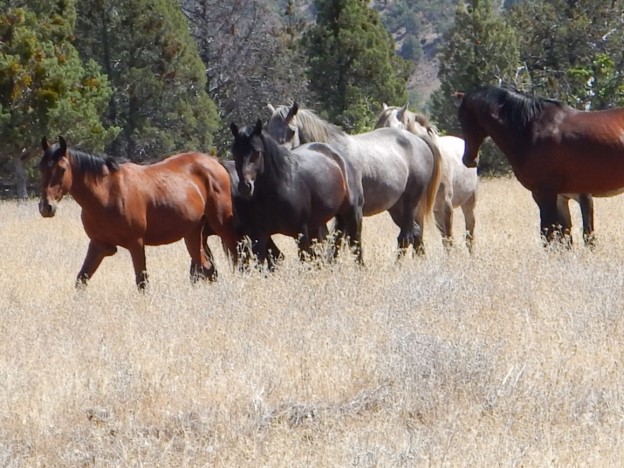William E Simpson II, Naturalist, Author, Conservationist
In today’s busy world with all of its demands on the people living in the modern society that has evolved, it’s not a stretch to suggest that mankind has grown apart from its roots in nature.
For many people, this increasing disassociation from nature has resulted in an erosion of mankind’s understanding of the natural world around us. There are nevertheless many wonderful efforts, which include TV and movie documentaries seeking to bridge some of the gaps in what seems to be a growing abyss of understanding between man and nature, during a time when consumerism is placing even greater demands for the remaining resources in nature. And as good as the educational efforts are, they are no substitute for ecotourism programs that uniquely provide actual immersion into nature and the experience of the wonders that exist therein, first hand.
William E Simpson II
There is “no substitute for ecotourism programs that uniquely provide actual immersion into nature and the experience of the wonders that exist therein, first hand. ”
The smell of a pine forest, the sounds of the dialogue between eagles circling overhead, the sight of a majestic wild stallion standing guard over his family, the sounds of a babbling crystal mountain stream as it flows over the rocks are examples of what informs our senses.
Ecotourism offers an important tool for both mankind and nature. For mankind, ecotourism provides the opportunity for immersion into the natural world in an enjoyable and effective manner. Ecotourism allows for an educational communion with nature that provides numerous levels of fulfillment along with the education that leads to a greater understanding of nature, which result in compassion and better stewardship of our remaining natural wonders.

One example of implementing intelligent natural resource management, while creating opportunities for ecotourism would include the rewilding of native species of American wild horses into certain wilderness areas where such rewilding is both ecologically and economically appropriate.
More here: https://www.craigdailypress.com/news/survey-moffat-countys-economy-boosted-by-wild-horses/
The movie industry is quite familiar with the fascination that tens of millions of people have for horses, including wild horses. This is well evidenced by the numerous and highly successful feature Hollywood movies and documentaries focusing on horses. Appropriate rewilding of America’s wild horses from areas where they are in conflict with livestock production enterprises, would save the Bureau of Land Management nearly $100-million annually and at the same time provide local and regional ecotourism opportunities. As an added benefit, properly rewilded, horses can provide wildfire fuels reduction (grass and brush) in ecologically sensitive areas that are now at risk due to catastrophic wildfire (more on this subject at: www.WHFB.us).
Ecotourism is without doubt a path towards a better understanding of nature, wildlife and effective conservation of our remaining natural resources.
www.ecotourism.org The International Ecotourism Society 2020

